A dispute between an aboriginal man and cottagers in southern Ontario has been heating up into a dispute about native rights and rights of property owners.
Pigeon Lake is in a scenic area known as the Kawartha Lakes region of southern Ontario and has long been one of the most popular cottage areas in the province.
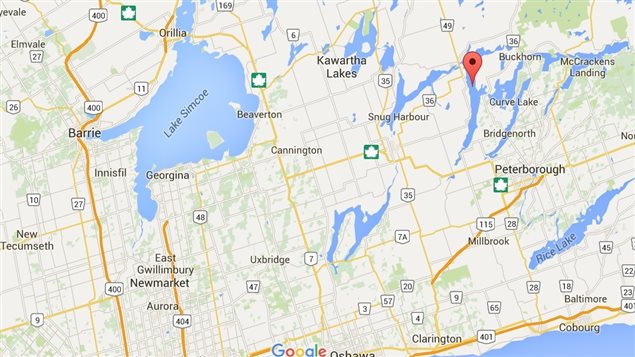
In recent years however, a member of the Curve Lake First Nations has been seeding the lake with wild rice and harvesting it for commercial purposes.
James Whetung says it’s his right to harvest the traditional food, but property owners say he’s been deliberately seeding and expanding the wild rice area such that they can’t use their boats or swim anymore near shore and that the view and property values are being diminished.
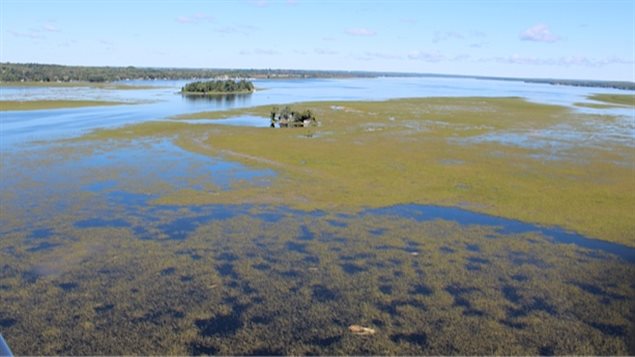
Larry Wood said he started to notice more and more rice beds starting about sic years ago. He told a CBC-Radio host in an interview, “”It is a public waterway, for the use of all. What he has done by seeding and creating new rice beds is take away the use of the waterways from all walks of life who have enjoyed the waterways in the past.”
He says he’s not against the aboriginal right of subsistence-level harvesting of the existing rice, but says it’s unfair Whetung is planting more, and that his for-profit harvesting benefits Whetung to the detriment of all others.
Sacred Traditions of Wild Rice
In a subsequent interview, James Whetung told the CBC host that his harvesting of the rice and selling it was important issue as the health of First Nations was suffering because they have less and less access to traditional foods like the wild rice. He’s says also trying to preserve a cultural tradition and educate the public at large about aboriginal traditions.
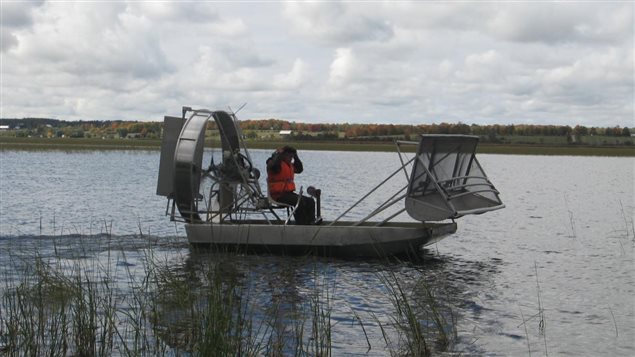
When pressed about concerns of property owners and others around the lake that the rice is preventing them from using their boats, other water activities and enjoyment of the lake he told the CBC Radio host,, “….they’re full of shit, and they’re prejudiced honkies.”
He also says he sells the rice to anyone, not just aboriginals, but claims he’s not making much money saying, he only reached the “poverty line”
The rice now covers 10 to 15 percent of the 57 square kilometer lake.
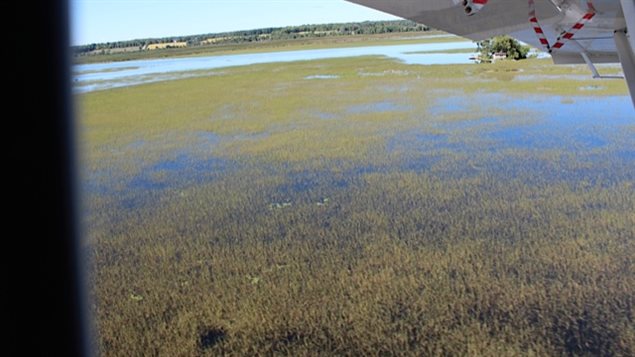
Whetung says the Anishnawbe have gathered wild rice, they call “manomin” long before cottagers arrived. He admits to seeding the lake which he harvests and sells commercially through his business Black Duck Wild Rice.
Under treaty the First Nations have the right for subsitence harvesting with traditional methods, by canoe and beating with a paddle, but Whetung also has a provincial licence to use “mechanical” means to harvest, in this case an air boat.
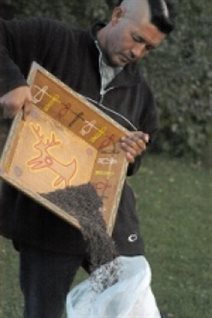
Wood said the propeller helps to spread the seeds far and wide into new areas.
Recently the issue escalated further when Parks Canada gave residents permits to have an area of about 30 metres by 30 metres along their shorelines dredged and cleared of the rice. Upon learning of the dredging, the Curve Lake band protested saying that Parks Canada should not have issued the permits without first consulting them. Parks Canada backed off and the company hired to clear the shore has stopped
Because frustration has been growing on both sides, government officials were to meet with First Nations representatives on Friday to try to defuse the situation, but there’s been no word on results of the meeting.
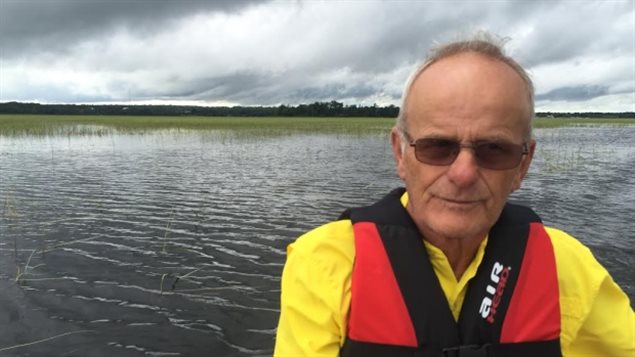






For reasons beyond our control, and for an undetermined period of time, our comment section is now closed. However, our social networks remain open to your contributions.